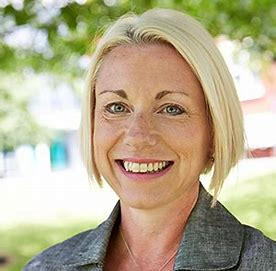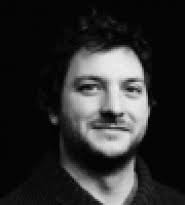Welcome to this short online course, which is aimed at exploring how poetry can help us understand health and social care practice. The course is divided into three parts:
Part One will introduce you to poetry written by experienced poets who have reflected on the pandemic or their personal situations through their writing.
Part Two will explore how poetry can be used to support roles in health and social care. You will be introduced to poems written by service users and health and social care students. This will help you to explore your thoughts and feelings about working and caring for others.
Part Three will introduce you to poetry writing, so you can generate poems about topics that are important to you.








